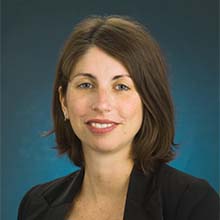Low use of mineral fertilizers by small scale farmers in sub-Saharan Africa contributes to low crop yields, high rates of food insecurity, and persistent poverty.
This paper focuses on a possible explanation as yet unexplored in the literature for persistently low rates of fertilizer adoption: local variation in soil quality means that blanket fertilizer recommendations set by regional governments may be wrong for many farms. We use a randomized control trial providing farmers with plot-specific soil testing and fertilizer recommendations (with and without a concomitant easing of farmer liquidity constraints) to observe effects on investment and crop yields. We find evidence of important within-village variation in soil nutrient deficiencies; we also find that government-issued fertilizer recommendations are not relevant for the majority of farmers in our sample.
Results demonstrate that a combination of liquidity and information is key to resolving plot-specific soil nutrient limitations; information alone does not change investment, and provision of vouchers without accurate information leads farmers to purchase the most common fertilizer in the market, rather than the best formulation for their needs. Results from a production function analysis show that application of mineral fertilizer to address plot-specific nutrient limitations leads to large maize yield increases. Our research suggests that substantive crop yield increases in the region will require a targeted approach that addresses sub-regional soil limitations in combination with economic constraints.


